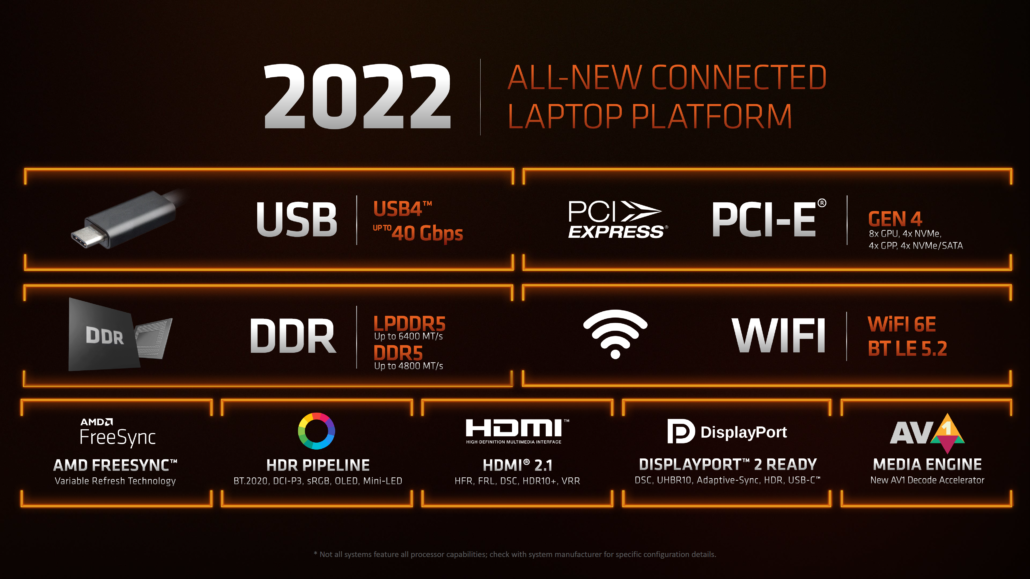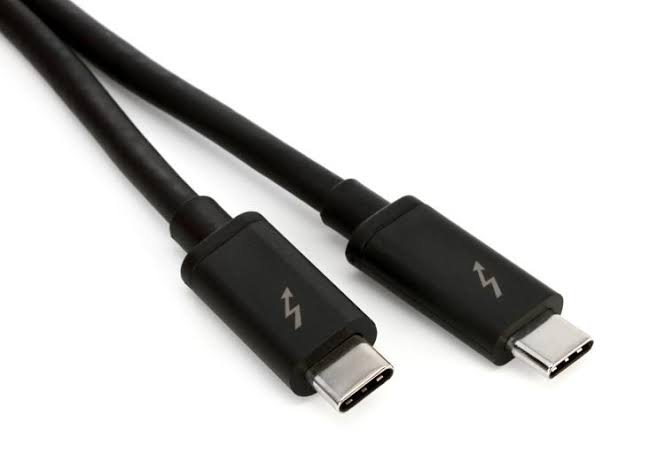AMD is focusing on Thunderbolt & USB4 optimizations for Linux drivers in their future builds. In October last year, there were speculations about AMD’s Rembrandt series APUs being equipped to provide USB4 support, established on the Thunderbolt 3 protocol. AMD is now reportedly working on bringing a number of Linux driver modifications to improve USB4/Thunderbolt support in their devices. These optimizations are aimed at providing faster signals through a single cable.
USB4 technology will be seen in the mobile series APUs of AMD Ryzen 6000. It enhances the versatility of USB-C technology along with its use of alt modes through the integration of data and video signals into USB4 Fabric, the tunneling protocol. The technology alters DisplayPort, USB, and PCIe traffic to packets, subsequently directing the movement over its topology, comparable to packetized data traveling over a network. This enables doubling of the highest bandwidth of USB4’s previous versions to as high as 40 Gbps. The technology is backward-compatible with almost all previous versions. USB4 technology requires the devices to support the USB-PD Power Distribution protocol, which provides the feature of charging and power transfer between devices.
The latest Linux kernel series by AMD features USB4 DisplayPort Tunneling along with additional USB4/Thunderbolt employment. The company is currently on its latest mission to restructure a large number of Linux kernels around an “is_thunderbolt” check utilized by drivers within the kernel. This will result in a modified behavior of the device owing to the connection with a Thunderbolt port in replacement for the PCIe to resolve if the device is removable or externally connected to the machine. That is_thunderbolt check was initiated for early Intel Thunderbolt controllers lacking command completed events. The USB4 DisplayPort Tunneling will pick that identical signal and transform it into packets to be instantaneously transmitted along the USB-C cable, thus allowing fewer hardware devices and enabling a large number of signals to pass through a single cable.
Mario Limoncello, Senior Member Of Technical Staff at AMD, recently published occasional revisions of the “is_thunderbolt” patch sequence. The is_thunderbolt check is presently seen as a kernel oddity. Thunderbolt-style kernel code alterations will also be seen in the series. AMD’s twelve Linux patches will result in the simplification of the driver codes by AMD and Nouveau for its paths concerning eGPU and removable GPU support etc.
Via Phoronix





